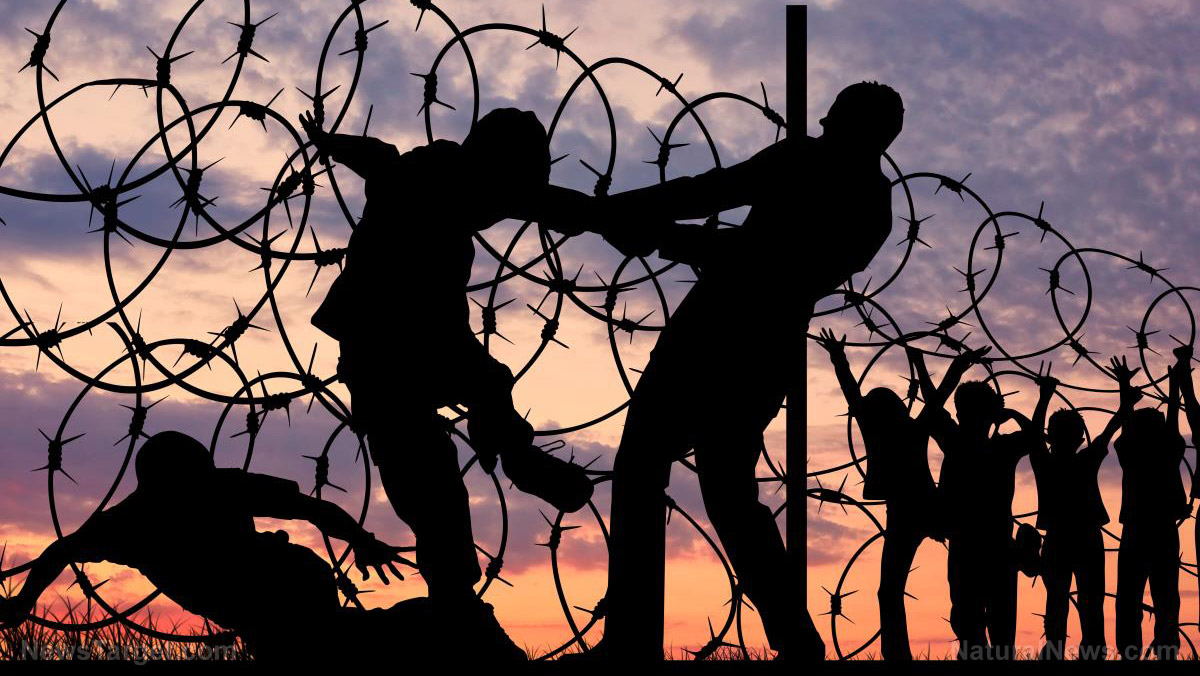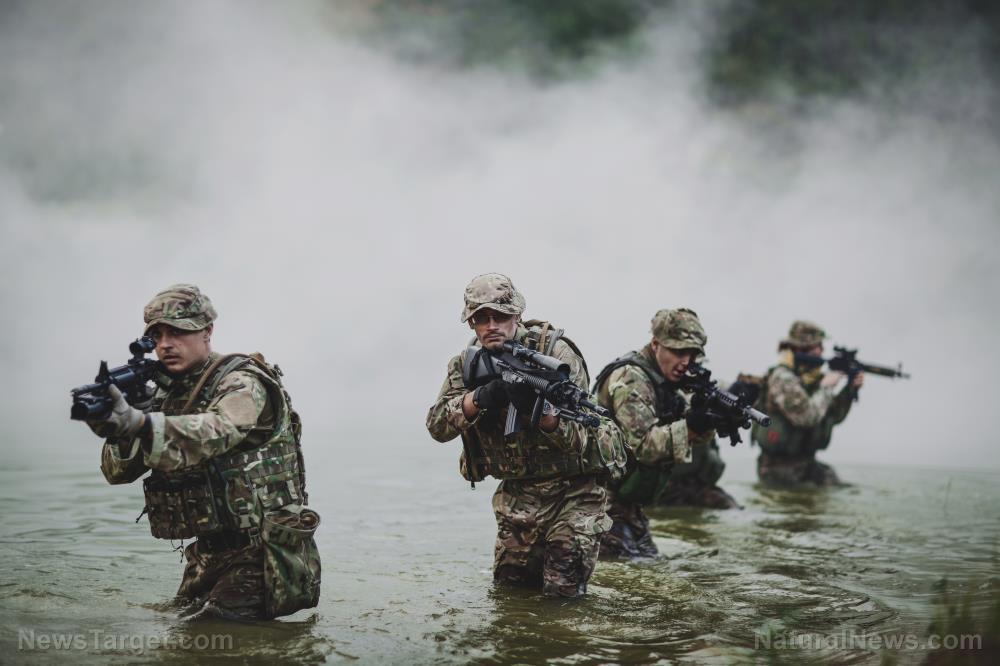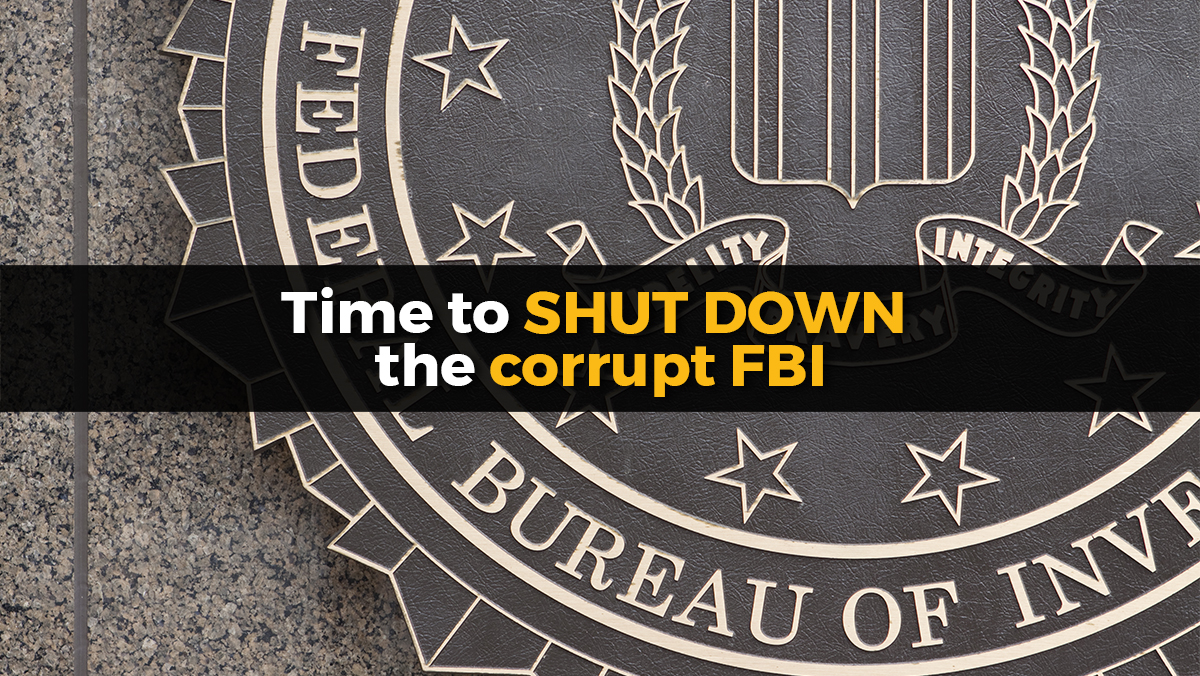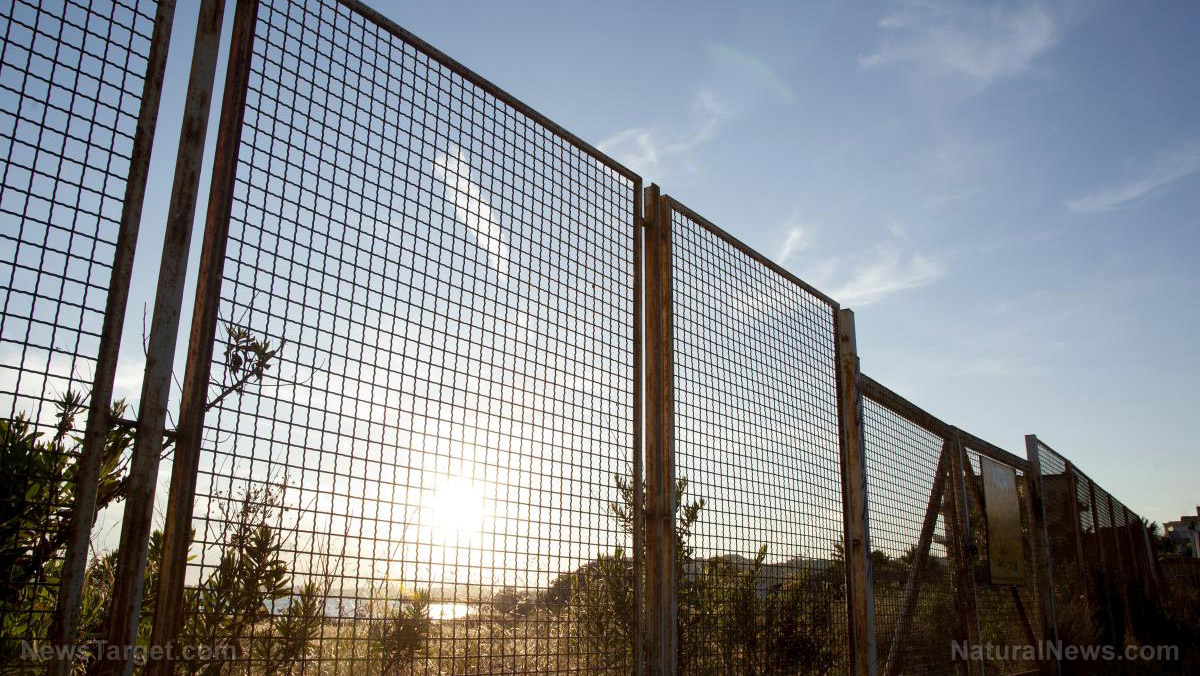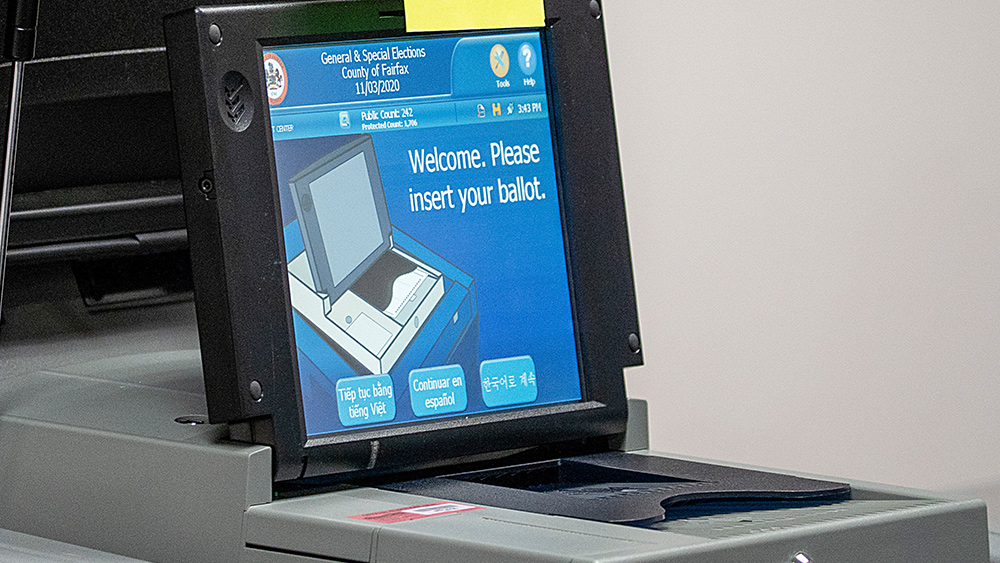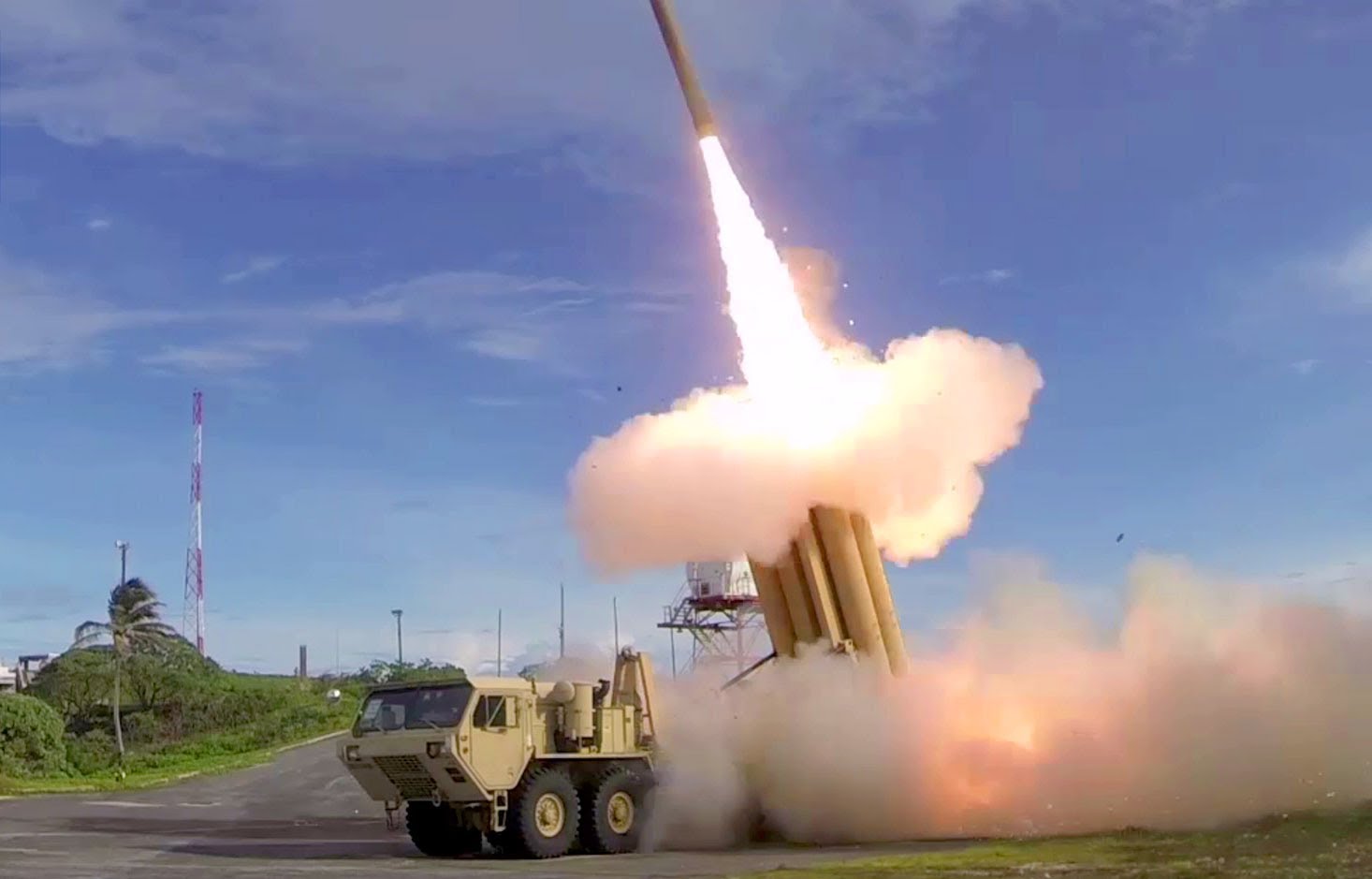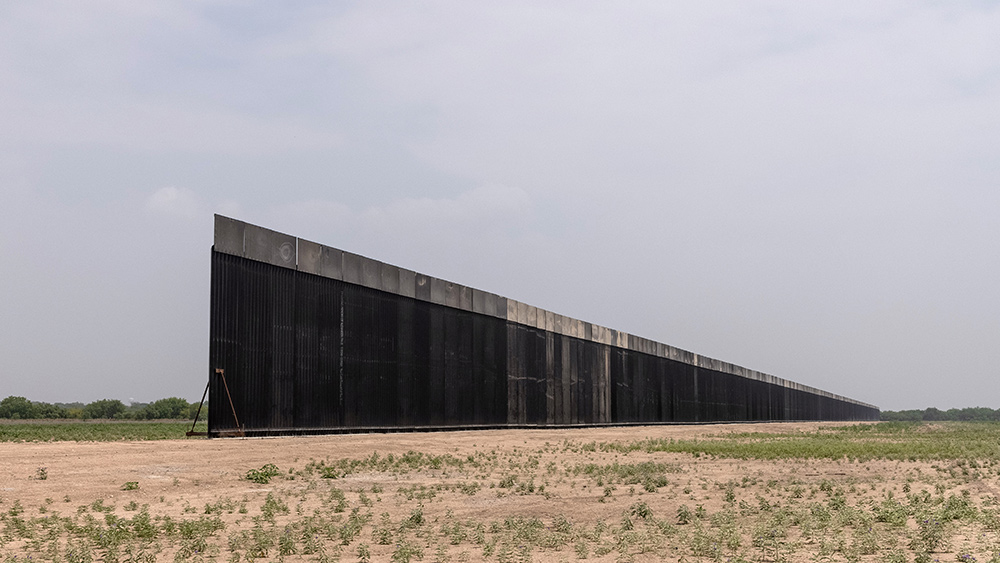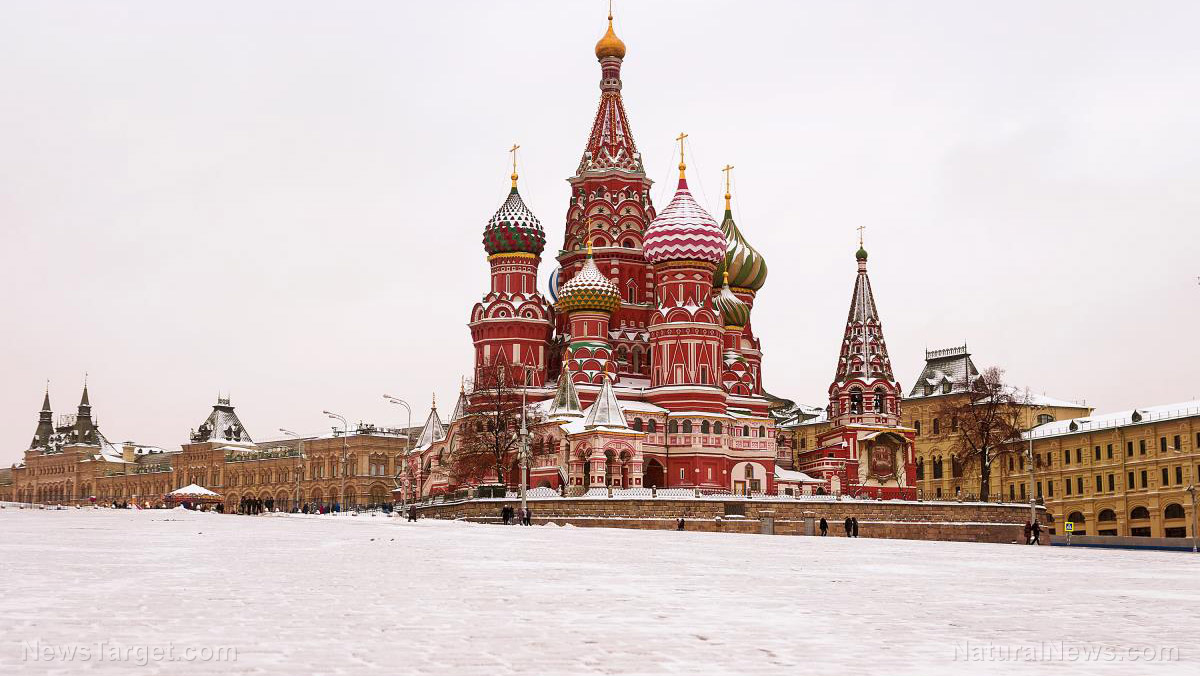Massive uprising erupts in Panama over inflation and deteriorating economic conditions
07/19/2022 / By Arsenio Toledo

The citizens of the Central American nation of Panama have engaged the government in mass demonstrations as they protest surging inflation and the deteriorating economy.
Panama is just the latest country to report massive protests due to the rapidly collapsing global economy. Other countries like Peru, Ecuador and Sri Lanka have already experienced massive violence and uprisings as governments attempt to control the tide of unrest. (Related: Glimpse of the future: Protests, violence put a spotlight on Sri Lanka’s collapsing economy.)
The protests in Panama came amid economic difficulties. The country’s annual inflation rate for May was at 4.2 percent, the price of fuel has risen by nearly 50 percent compared to January prices and the unemployment rate soared to 10 percent. The high rate of social inequality in the country’s dollarized economy has only grown as the crisis deepens.
The demonstrations have included massive marches all over Panama, strikes from certain groups, including a teachers’ union that has refused to work, and the blockading of important roads with people, burning barricades and even massive parked trucks.
Negotiation attempts fail as protesters demand more concessions from government
In an attempt to get the protests to stop, the Panamanian government attempted to reach an agreement with representatives of the National Alliance for the Rights of the Organized People (Anadepo), a coalition of unions, indigenous groups and other organizations that has led and organized most of the large-scale demonstrations and strikes.
The agreement was still being negotiated on Sunday, July 17, but the government had already agreed to lower the price of a gallon of fuel to $3.25, a further concession from the $3.95 per gallon the president initially offered, which was already $1.25 less than the national average of $5.20 per gallon in June.
Talks regarding putting price caps on food and medicine were supposed to continue, but a group of unions, including the Panama Teachers’ Association, a very influential union at the head of the Anadepo coalition, broke off negotiations, believing that the agreement was inadequate and did not take into consideration the concerns of many other groups.
Union leaders reportedly came to this conclusion following consultations with grassroots supporters regarding the partial agreement reached during the negotiation. Luis Sanchez, the leader of a group of Anadepo organizations, said it was decided following these consultations that the protests had to continue.
“We had warned the executive that we still have to consult the rank and file,” said Sanchez in an interview with a local television station. He added that the initial agreement “was signed under pressure” and Anadepo member organizations have opted to continue demonstrating until the government provides the protest groups with better concessions.
Sanchez noted that the roadblocks will not be lifted until the government also agrees to lower the price of some 40 basic food products and medicines.
“In the meantime, there is no agreement,” said Sanchez.
Fernando Abrego, spokesman and general secretary of the teachers’ union, questioned why Anadepo would begin negotiations without having all of the coalition groups out in the streets in full force, attempting to exert as much pressure on the government as possible.
“We will stay on in the street,” said Juan Morales, a farmer from the small town of Capira, southwest of Panama City, who has joined the protests. “We will not weaken. We need strong and positive answers.”
Watch this clip of one march in Panama against the government’s inability to deal with the multiple crises of inflation and food and fuel costs.
This video is from the SecureLife channel on Brighteon.com.
More related articles:
Food and fuel shortages, price spikes continue to get worse in protest-hit Ecuador.
Sri Lankan army unit fires into crowd of protesters as unrest over fuel and food shortages spreads.
Peru’s leftist government calls in military, imposes curfew to crack down on inflation protests.
Sources include:
Submit a correction >>
Tagged Under:
big government, blockades, bubble, chaos, civil unrest, Collapse, debt collapse, demonstrations, economic collapse, economic crisis, economy, food prices, fuel prices, inflation, Panama, protests, rioting, risk, roadblocks, uprising
This article may contain statements that reflect the opinion of the author
RECENT NEWS & ARTICLES
COPYRIGHT © 2017 NATIONAL SECURITY NEWS








